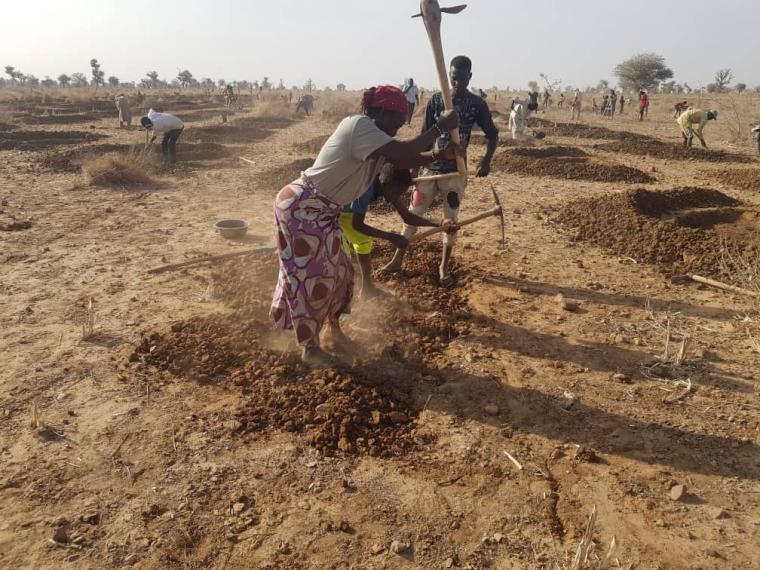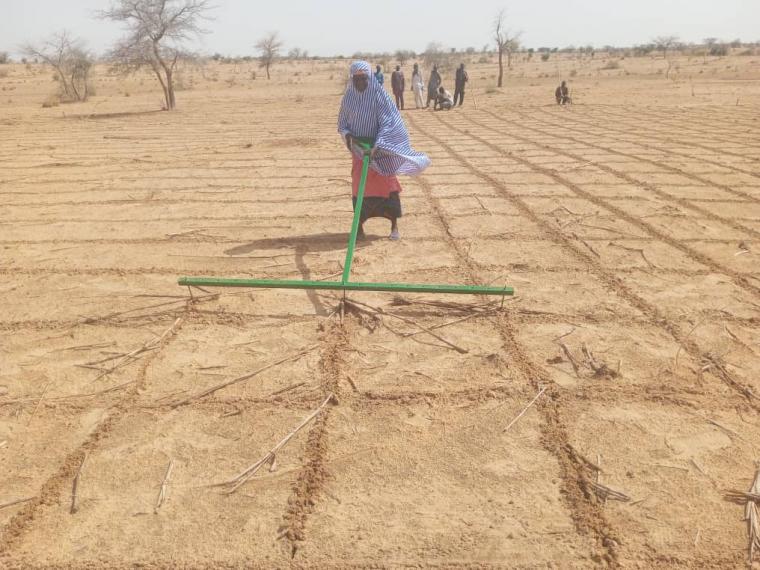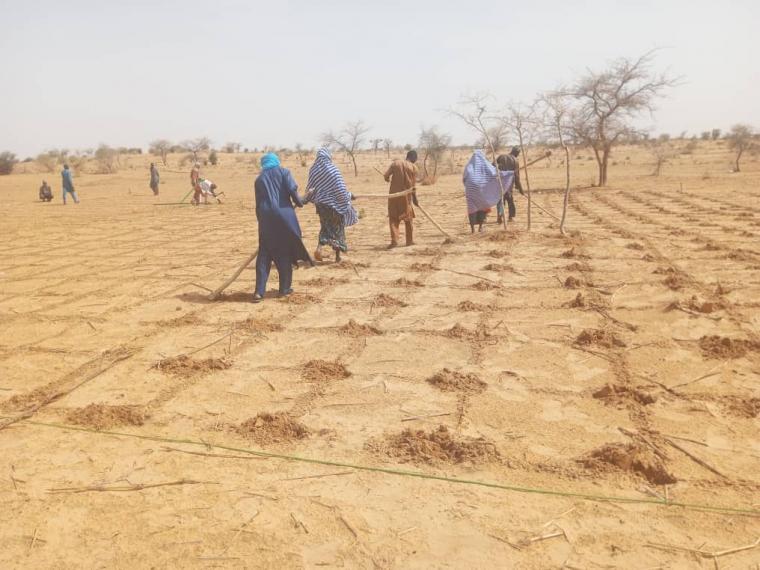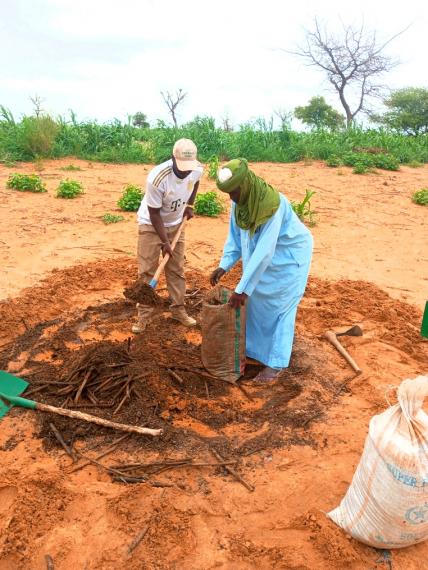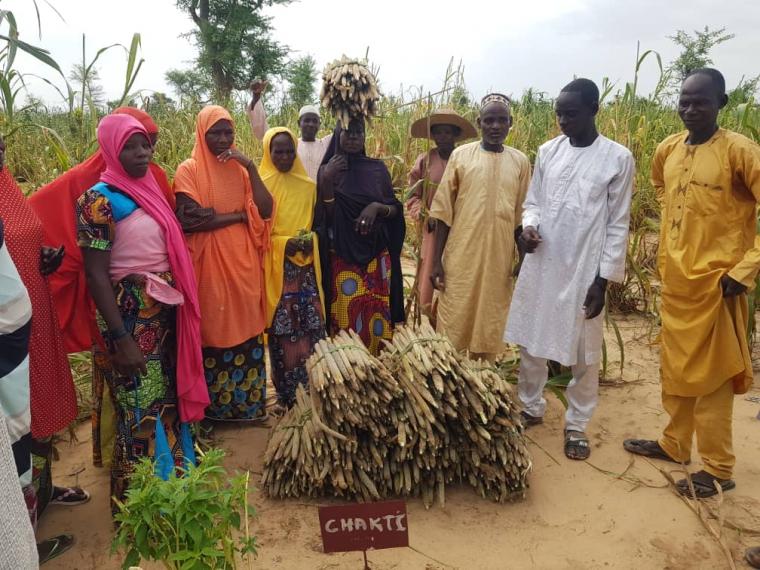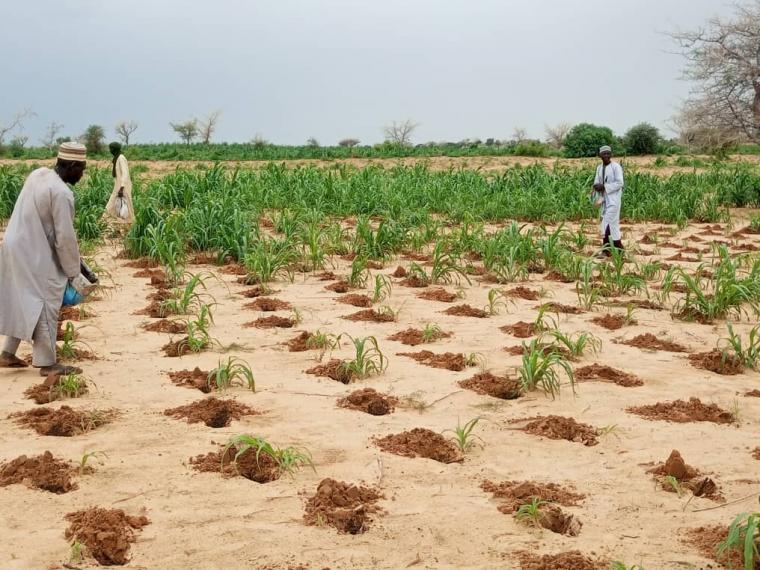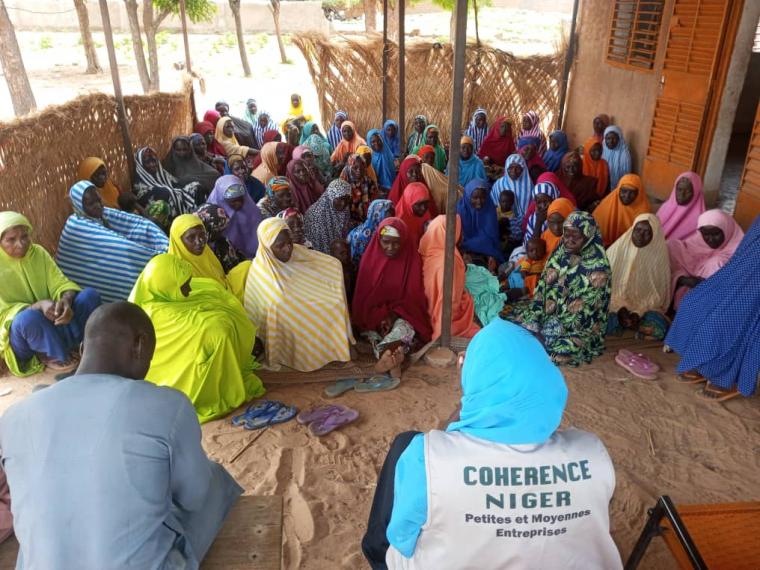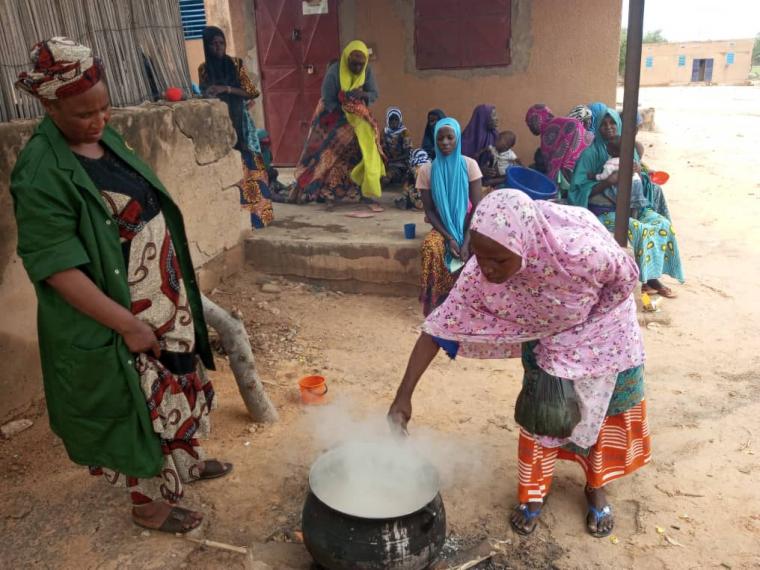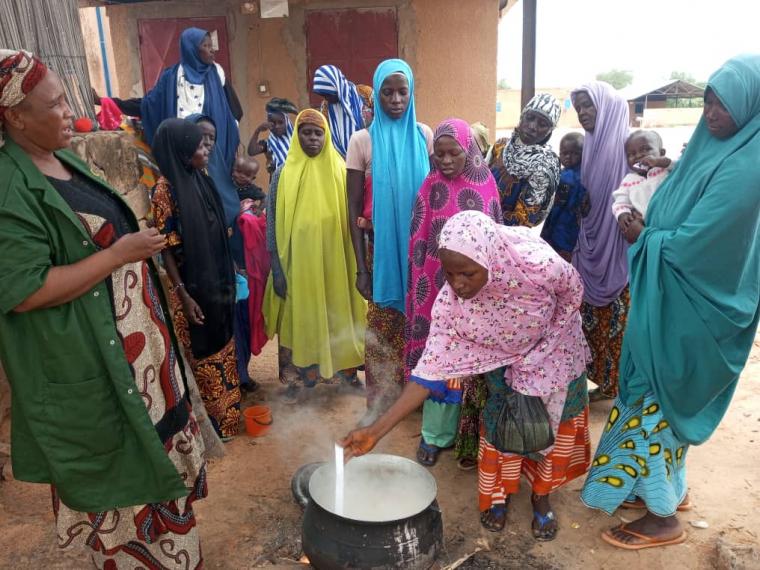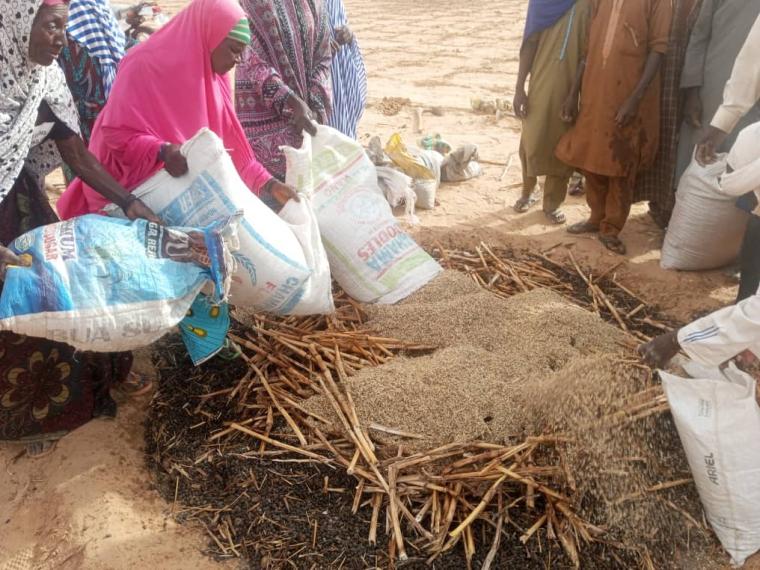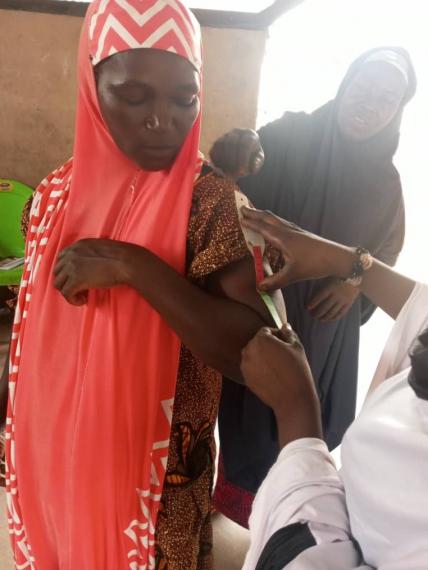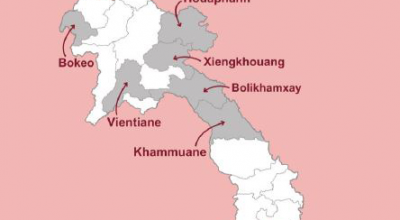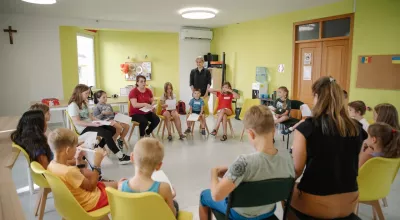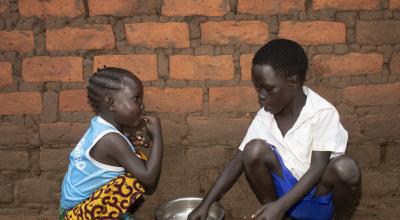Niger
The country is experiencing a severe humanitarian crisis marked by political instability, a worrying security situation and millions of people in need of assistance.
Niger has a population of over 24 million and ranks 189th out of 191 countries on the Human Development Index (HDI). Its population is predominantly young and lives mainly in rural areas, where agriculture and livestock farming are the main sources of income. With an average age of 15 and a life expectancy of around 63, the country is facing rapid population growth, which is putting pressure on natural resources, public services and the economy in general.
Niger, which is still suffering the consequences of the coup d'état of July 2023, continues to face major security problems, particularly with the presence of terrorist groups in the border area between Burkina Faso, Mali and Niger. Armed conflicts, characterised by atrocities by non-state armed groups (GANE) against civilians, have resulted in more than 700,000 people being forcibly displaced (internally displaced persons, refugees and asylum seekers, mainly from Burkina Faso, Mali and Nigeria).
Niger is one of the Sahelian countries most severely affected by climate change, with droughts and floods disrupting the agricultural season. Around 100,000 hectares of arable land are lost every year to water erosion, depriving thousands of farmers of their livelihoods. Flooding affects up to 35,000 households and 200,000 to 300,000 people every year, with economic damage to homes, fields and animals.
The humanitarian situation remains precarious in many parts of the country, due to a combination of violence, poverty, drought and inadequate infrastructure. More than 4 million people are in need of humanitarian assistance, particularly in terms of access to food, drinking water and healthcare.
Caritas Luxembourg, together with its network of Caritas partners and local organisations, has set up a project in the regions of Maradi and Zinder aimed at improving the resilience and well-being of rural communities, with a particular focus on young people, women and people with disabilities.
To achieve this, the project is carrying out awareness-raising activities and cooking demonstrations using local produce, in order to boost the nutritional knowledge of households; activities aimed at improving agro-ecological practices, such as setting up farmer field schools or equipping schoolchildren to cultivate crops by hitchhiking; and activities to support the entrepreneurial projects of women, young people and people with disabilities.
Linked news
Donate
Your donation is essential to ensure the continuity of Caritas Luxembourg's actions in the service of the poor.
Other donation methods
